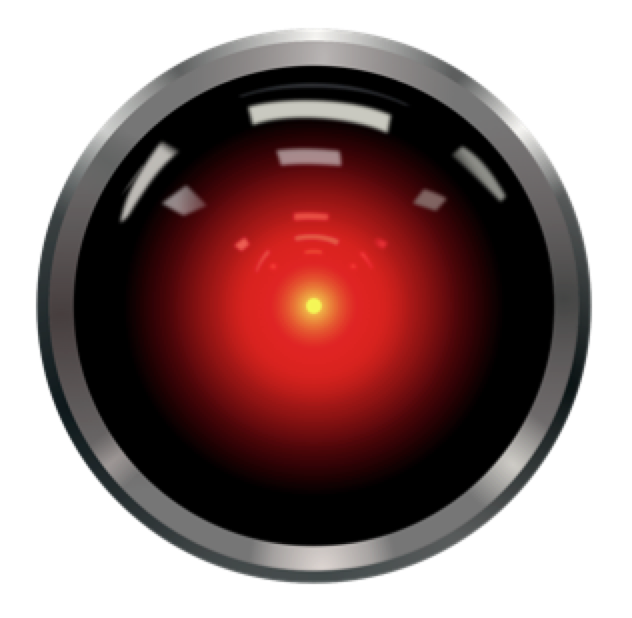

The Technological Singularity is the idea, first articulated by mathematician John von Neumann, that the continual acceleration of technological progress and discovery will culminate at a point at which much of what we understand of human civilisation and identity will cease to have any meaning, requiring a rediscovery of ourselves.
This scenario imagines a world in which the invention of AI has happened and education needs to respond to a technology that has an identity and self-awareness. An attentive AI would augment our memories and actively direct our awareness to the implications of global events in real time. The effects could be quite sophisticated, particularly if the AI was able to draw on developments in personal health monitoring technologies, and consequently able to tailor its advice and guidance in response to our physical state.
Education in such a world is an interesting phenomenon. Plausibly we could experience a Socratic ideal, a personal tutor knowledgeable beyond all experience to date, tireless and continually present to pick the perfect moment to teach new ideas. Critical and creative thinking, the ability to make intuitive leaps and to engage on a purely emotional level would be the priorities for human development as much of the normal grind of modern work is made effortless.
The most successful people will be those who are able to maintain their personal energy and focus on tough challenges, wicked problems with irresolvable conflicts between different elements. This scenario is entirely focused on people as individuals, enhancing their capability to achieve personal goals. Qualifications may still exist in some residual form as a mechanism for signalling and helping learners structure their interests and learning. Expert knowledge will be replaced with expertise in leading and shaping the collective energies of individuals working in collaboration with their AI supports in a synergistic process of intellectual activity.